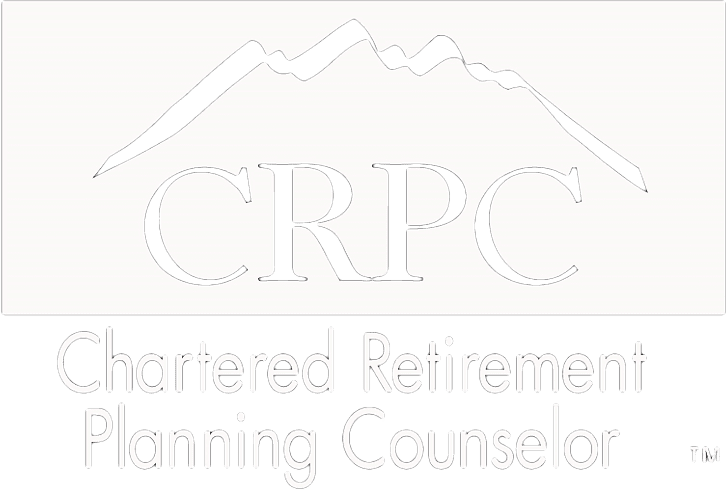
Financial independence can be defined in a number of ways. When most think of financial independence they dream of a time in their lives when they are generating enough income from investments or passive activities to cover the essential expenses so that they never have to work again. For some, financial independence is far off into the distance. For others, it's within close reach. Wherever you fall on the spectrum, here are 10 financial rules to never break if you want to achieve full financial independence someday:
1. Earn More Money Than You Spend
You obey this principle by always saving some of your income and avoiding debt from discretionary spending. Essentially, you need to live within or below your means. Follow this simple rule, no matter what your income, and everything else will fall into place. As your income goes up, so will the extra money for savings and investment.
2. Make a Budget and Stick to It
You cannot live within or below your means without knowing what your expenses are and where you can start cutting. The path to that higher knowledge is a budget or spending plan. There are dozens of free budget templates online. Fill in the template blanks and you’ll learn some rather eye-opening facts about where your money is going. Follow that budget and see how spending discipline gives you an immediate leg up on financial independence.
3. Eliminate Unnecessary Living Expenses
Take a critical look at your budget. Are you spending over $100 for cable TV, for example? Cut the cable and save an extra $1,200 a year. Look everywhere and be ruthless.
4. Get Into Daily Financial Awareness Habits That Result in Wealth Accumulation
If your daily habits include a stop at the coffee shop for that $5 latte, you are spending $100 a month — another $1,200 a year. Make your own frothy caffeinated beverage from the mixes on sale at your grocery store. Look for ways to save costs and expenses through coupons and sales. Keep track of your monthly bills and look for ways to cut down on energy expenses, for example.
5. Concentrate on Doing Well at and Keeping Your Job
You cannot obey financial rule number one without the income from your present employment. There is a correlation between job satisfaction, promotion, and ever-increasing earnings. If you are bored, unchallenged, and unhappy with your work, you need to take steps to resolve the matter or you will be stuck in a rut.
6. Avoid Money-Making Schemes and Scams
No matter what the slick infomercials and bombastic websites shout out, there is no shortcut to wealth. Anyone who advertises that buying their plan or paying to attend their seminar will result in you suddenly becoming wealthy is mainly only interested in making money from you. That meets their financial goals, but detracts from yours.
7. Pay off Your Debts
If you're bogged down in heavy debt and your monthly expenditures are beginning to leapfrog your income, it may be time to focus on paying down your debts. There are many pathways and strategies to becoming debt free, including debt consolidation.
8. Pay Your Monthly Credit Card Bill on Time
If you’re carrying a monthly balance on your credit card, you’re swimming upstream in your quest to get out of debt. Consider instead using a bank debit card, or at least get into the habit of paying off your monthly credit card balance to avoid interest charges and collect reward points.
9. Pay Down Your Mortgage
Your budget will show that your monthly mortgage payment is one of your biggest expenses. Paying off your mortgage early takes discipline and can eat into those excess funds you will begin accumulating through following steps one through eight. However, once your home is free and clear, you have the true wealth of the worth of your home’s market value. When the mortgage payments go away, you likewise have excess income that becomes a powerful savings and investment resource.
10. Begin a Savings and Investment Plan
Start slow if you must, but save something each month. You’re in this for the long term and your goal is to be debt-free and to accumulate real wealth... to be financially independent. The savings and investment plan that is best for you depends on your age, situation, and how much you need for a comfortable retirement.
Of course, this all may seem easy to do for some, but is certainly not easy for everyone. If you want help with a financial plan to prepare for retirement, achieve your goals, and become financial independent, Escient Financial is available. Go ahead and...
This content is developed from sources believed to be providing accurate information. The information in this material is not intended as investment, tax, or legal advice. It may not be used for the purpose of avoiding any federal tax penalties. Please consult legal or tax professionals for specific information regarding your individual situation. The opinions expressed and material provided are for general information, and should not be considered a solicitation for the purchase or sale of any security. Digital assets and cryptocurrencies are highly volatile and could present an increased risk to an investors portfolio. The future of digital assets and cryptocurrencies is uncertain and highly speculative and should be considered only by investors willing and able to take on the risk and potentially endure substantial loss. Nothing in this content is to be considered advice to purchase or invest in digital assets or cryptocurrencies.
Enjoying Escient Financial’s Insights?
The weekly newsletter is usually delivered to your email inbox Friday or Saturday, and includes:
- the latest Escient Financial Insights articles
- a brief of the week's important news regarding the markets
- recommended third-party reads
- selected Picture of the Week
Escient Financial does NOT sell subscriber information. Your name, email address, and phone number will be kept private.
















